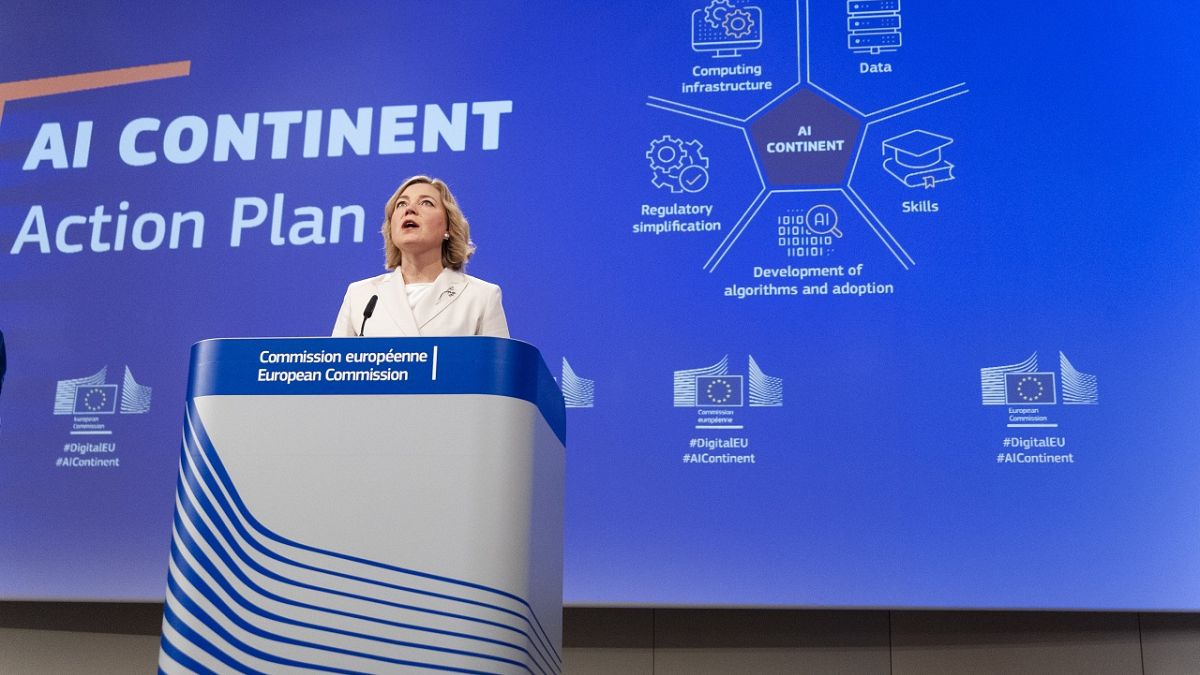

In an era marked by rapid advancements in artificial intelligence, the European Union is taking proactive steps to engage with the technological landscape. The EU Commission’s AI Office is organizing a workshop aimed at encouraging companies to sign a finalized code of practice for AI use. This initiative highlights the EU’s commitment to fostering a collaborative environment for technology development, with the workshop providing a platform to discuss the benefits and expectations tied to this code. By bringing stakeholders together, the Commission seeks to build a foundation of trust and cooperation among AI developers, businesses, and policymakers.
Simultaneously, the world of entertainment is seeing a transformative shift with the integration of AI. At the forefront of this change is the promise of a multi-dimensional, highly personalized, and interactive experience for users. As highlighted by Samira Panah Bakhtiar, General Manager of Media & Entertainment, Games, and Sports at Amazon Web Services, technology is poised to enhance how audiences engage with content, especially in sectors like sports, where real-time data and analytics heighten the fan experience. Such developments showcase AI’s potential to enrich human experiences by catering to individual preferences and offering deeper insights into every moment of action.
In contrast to these positive strides, the issue of data privacy remains a critical concern. Recently, a German data protection official has raised alarms over the activities of AI company DeepSeek, calling for a ban by tech giants Apple and Google. The company’s alleged transfer of user data to China is deemed ‘unlawful,’ underscoring the ongoing challenges of ensuring privacy and data security in a globally connected digital environment. This highlights the delicate balance that must be struck between technological innovation and safeguarding personal information.
Meanwhile, the competitive nature of the tech industry is further exemplified by recent efforts from Meta, formerly known as Facebook, to secure top AI talent. Reports suggest that CEO Mark Zuckerberg has identified a list of elite AI engineers and researchers worldwide, planning to offer them substantial compensation packages to join Meta. This move, characterized by offers potentially reaching $100 million, reflects the fierce competition among major tech companies to dominate the AI sector. Meta’s strategy points to a broader trend where companies invest heavily in human capital to drive innovation and maintain a competitive edge.
These interconnected narratives—from collaborative governance and personalized experiences to privacy concerns and competitive recruitment—paint a comprehensive picture of the current state and future trajectory of AI. As organizations navigate these multifaceted dynamics, dialogue and cooperation remain essential in shaping a technological future that benefits society while respecting individual rights.
In closing, the evolving landscape of AI continues to influence various aspects of modern life. With mindful approaches that prioritize ethical considerations and equitable growth, stakeholders across sectors are encouraged to work hand-in-hand to ensure that the promise of AI is fully realized for everyone. Combining innovation with responsibility, the ongoing efforts of entities like the EU Commission and major tech companies signify a commitment to a balanced and harmonious technological future.
Source: {link}
